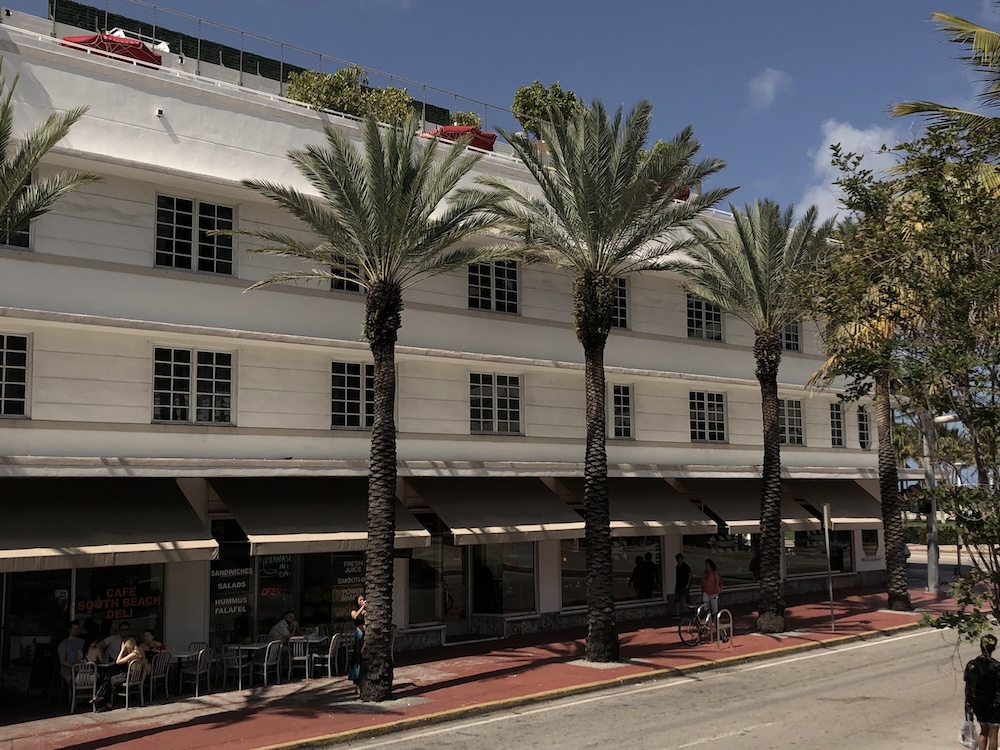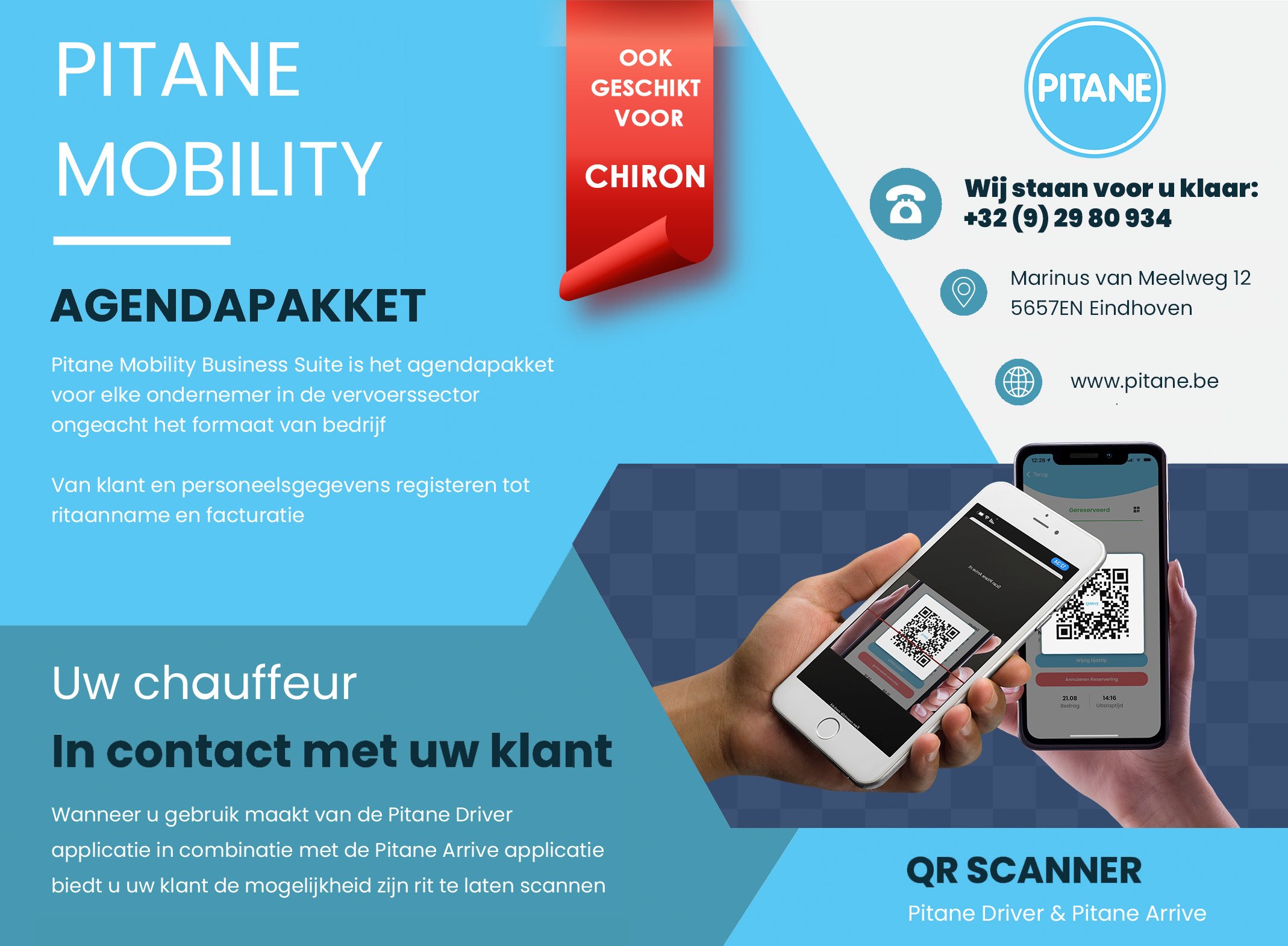The measures include parking restrictions for non-residents, closure of cafes on busy weekends, and even curfews and bag checks on the beach.
Miami Beach has long been known as a hot spot for students heading out during spring college break, a tradition that dates back to the 30s. However, after a series of violent incidents over the last three years, the city has decided to intervene with measures aimed at containing the chaos. This decision has attracted both support and criticism from various quarters.
On one side are city officials and some local entrepreneurs who emphasize the need for these measures to ensure safety. Miami Beach Mayor Steven Meiner highlighted the untenable situation in recent years, with the city overrun by crowds of visitors, leading to out-of-control situations despite a strong police presence. The measures include parking restrictions for non-residents, closure of cafes on busy weekends, and even curfews and bag checks on the beach.
“When you think of spring break, you might think of vacation, a college break, maybe some fist fights and some keg stands,” said Police Chief Eusebio Talamantez. “It has evolved into shootings, mass riots, rape and murder.”
On the other hand, some civil rights advocates and community members have raised concerns about the possible racial motives behind these restrictions. They point to Miami Beach's popularity among black tourists, which has increased over the past two decades, especially during Urban Beach Week, an event synonymous with the increase in black tourism. Stephen Hunter Johnson, an attorney and member of Miami-Dade's Black Affairs Advisory Board, criticized the city's crackdown, suggesting it disproportionately targets Black visitors.

The discussion is spreading to other parts of Florida, such as Panama City Beach, where similar problems with violence during spring college break have led to strict measures and a ban on alcohol on the beach. Panama City Beach Police Chief Eusebio Talamantez explained that it is not just students who are causing problems, but also people who are taking advantage of the party atmosphere, resulting in serious crimes such as shootings and violence.
“I believe we need to create something big, another big event in March, because March has fallen off the edge of the cliff,” David Wallack, owner of Mango's Tropical Cafe, told AP.
The situation in Miami Beach raises important questions about how cities can deal with large crowds and the associated challenges without disproportionately disadvantaging certain groups. While the city strives for safety and order, the balance between effective enforcement and ensuring equal treatment for all visitors remains a complex issue.
The controversy also highlights the broader debate about the impact of major events on local communities and the need for inclusive planning that serves the interests of all involved. As Miami Beach and other vacation destinations struggle to provide a safe and welcoming environment, the search for a balanced approach continues.




